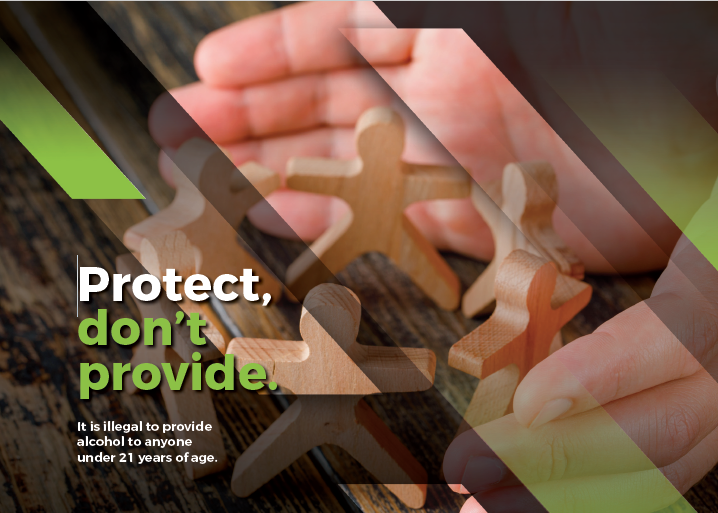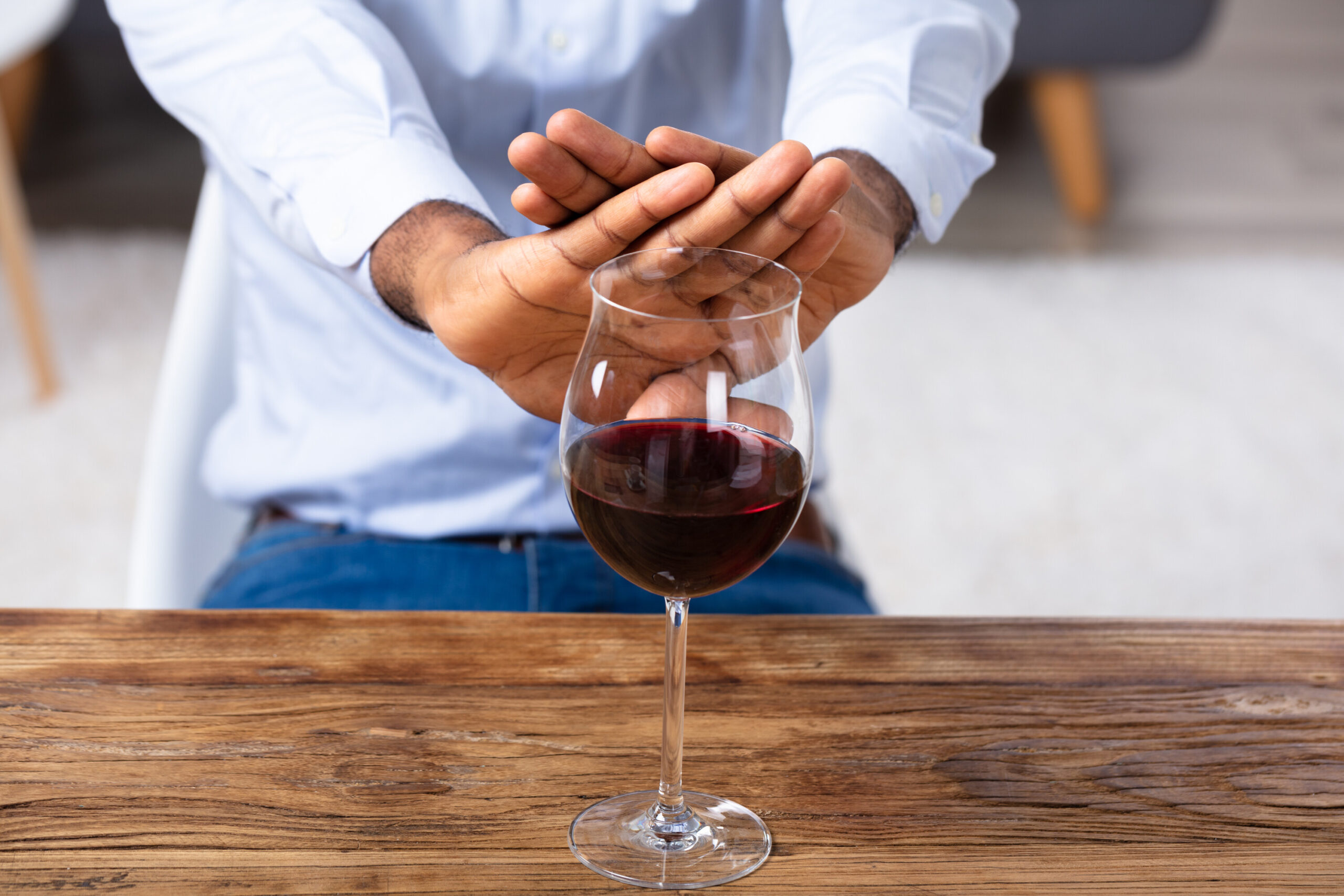
What You Need to Know About Alcohol
Parents are the leading influence on their kids’ decision to drink or not to drink. Start talking to your kids early and often.
Alcohol Facts for Families
What is alcohol and how does it work in the body?
Alcohol is a drug. Alcohol is a central nervous system depressant, which means it slows down the function of the brain. Alcohol affects people differently at different stages of life—for children and adolescents, alcohol can interfere with normal brain development. Your child’s brain is not fully developed until around the age of 25. As a result, the harms from drinking alcohol can alter the development of the areas of the brain related to learning, memory, and judgment. In general, underage drinking can lead your child to make poor decisions and engage in risky/harmful behavior that can result in a variety of serious consequences such as injuries, sexual assaults, legal trouble, and even death.
Why is alcohol a problem in Arizona?
Underage drinking is not a rite of passage, it’s against the law. In Arizona, providing alcohol to a minor is a class 1 misdemeanor. It is not “cool” to host parties or gatherings where underage drinking occurs. As a host, you can be held legally responsible for any injuries caused by an underage person who consumes alcohol in your home. Protect your kids, don’t provide them with alcohol.

Teens who begin using alcohol before age 15, are 3.5 times more likely to develop an alcohol use disorder.

What can you do?
Talk to your child about the real costs of alcohol. Start talking to your kids early and often. Look for opportunities to discuss the harms of alcohol use and be aware of drinking trends among youth. When young people drink, they drink a lot at one time. On average, young people have about 5 drinks on a single occasion. This is called binge drinking, a very dangerous way of drinking that can lead to serious problems and even death. If you would like to learn what research has to say about both the risks of underage drinking, as well as get tips on how to talk to your child about alcohol, Make a Difference: Talk to your child about alcohol is a great resource!
Be the positive influence. Parents are the leading influence on their kids’ decision to drink or not to drink. Set a positive example by modeling responsible drinking at home or in public. If you do keep alcohol in your home, keep it in a secure location where your child cannot access it.
Get the facts about alcohol. Underage drinking negatively impacts the developing brain. Be aware of risky trends and know the signs to look for if you suspect your child may be drinking alcohol. The use of alcohol during adolescence can alter brain development, potentially resulting in long-lasting changes in brain structure and function. Underage alcohol use can cause damage to the areas of the brain that control memory, emotional regulation, learning, and decision making. For more information, checkout: The Fact Sheet
Sources: NIDA, CDC, SAMHSA